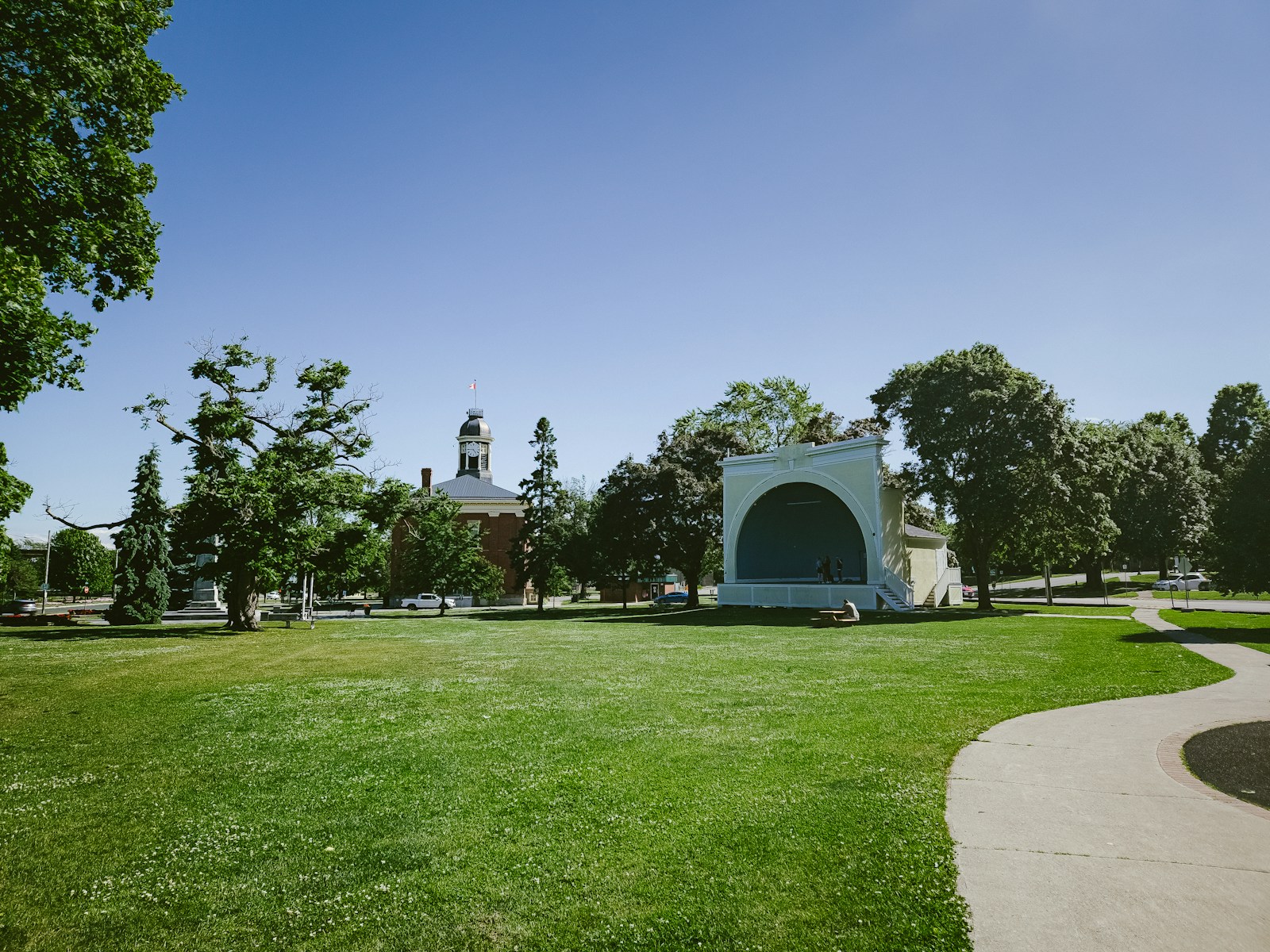
espères

hopes
The French word 'espères' translates to 'hopes' in English. It is used in contexts to express expectation or desire for a certain thing to happen, similar to its English counterpart. Just like in English, it can be used in various tenses, but remember to adjust the word accordingly.
Example sentences using: espères
Tu espères toujours avoir une promotion.

You always hope to have a promotion.
This sentence suggests that the person always has the hope or expectation of receiving a promotion at work. In this case, 'espères' is used to express a continuous state of hope or expectation.
J'espère que vous espères être à l'heure pour la réunion.

I hope that you hope to be on time for the meeting.
In this case, the sentence suggests that you hope the person you're addressing will also hope to make it on time for an appointment. Here, 'espères' is expressing an expected objective.
Il espère toujours pour le meilleur.

He always hopes for the best.
This sentence conveys that a person always keeps his hopes high and expects the best outcome. 'espères' indicates the act of keeping a positive mindset and hoping for positive results.
Nous espérons que vous espères aussi gagner le tournoi.

We hope that you also hope to win the tournament.
This sentence suggests that the group of people (we) hope that the person they are talking to hopes to win the tournament. 'espères' in this case shows the desires or aims of the person.
Si tu espères gagner, il faut travailler dur.

If you hope to win, you have to work hard.
This sentence states a condition and a corresponding necessary action. If winning is the goal (what is being hoped for, expressed by 'espères'), then hard work is necessary. 'espères' indicates the desired outcome.
Elle espère obtenir une bonne note dans ce cours.

She hopes to get a good grade in this course.
This statement suggests that the female subject in mention has a desire (expressed by 'espères') to perform well in a certain academic course. It implies expectation based on effort.
Vous espérez tous gagner la loterie.

You all hope to win the lottery.
This sentence implies that the group of people in question all has the same hope – winning the lottery. 'espérez' (form of 'espères' for a group of people) signifies the shared hope.
Espères-tu rencontrer une célébrité un jour?

Do you hope to meet a celebrity one day?
The structure of this sentence is a yes/no question. It asks about the interlocutor's desire or hope, represented by 'espères', to meet a celebrity in the future.
On espère qu'il ne va pas pleuvoir demain.

We hope that it's not going to rain tomorrow.
The sentence conveys a communal hope (expressed by 'espère', a form of 'espères') concerning weather conditions. 'espère' in this case talks about collective hope or expectation.
Qu'est-ce que tu espères accomplir avec cela?

What do you hope to accomplish with this?
This question implies that the speaker is asking about the desired outcome or result that the listener is seeking with reference to a particular action or situation. 'espères' in this phrase denotes the hopes or expectations that the listener has.